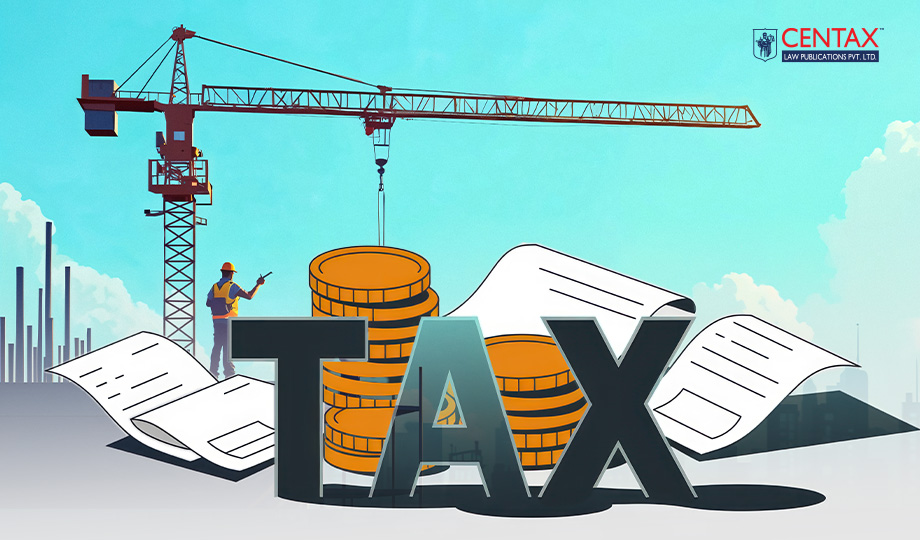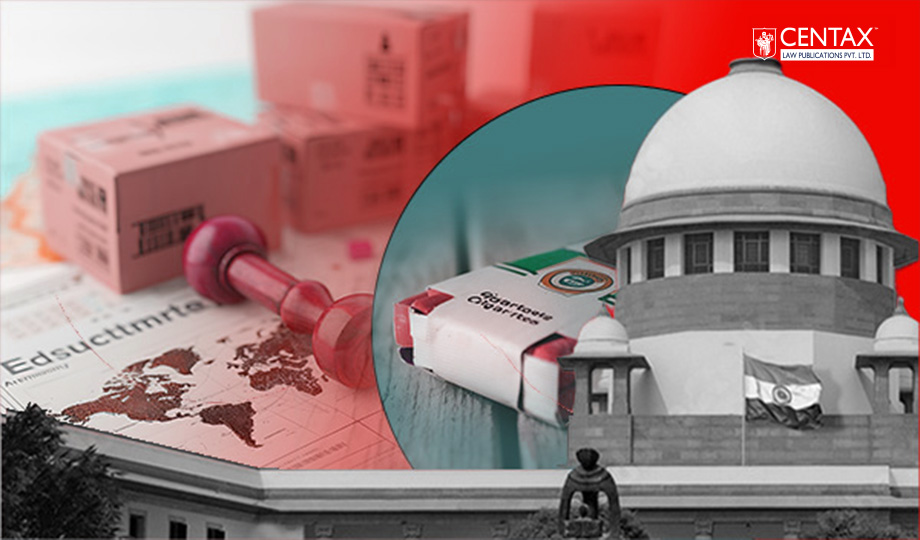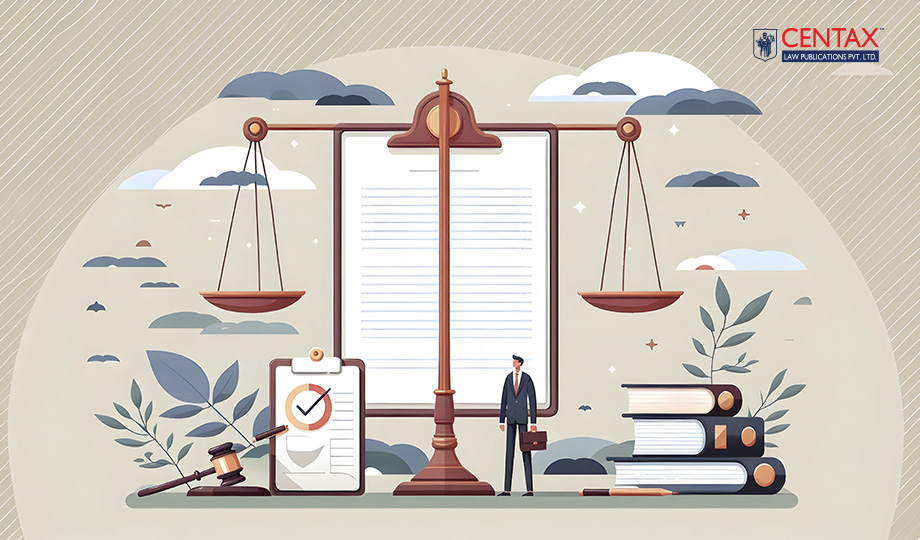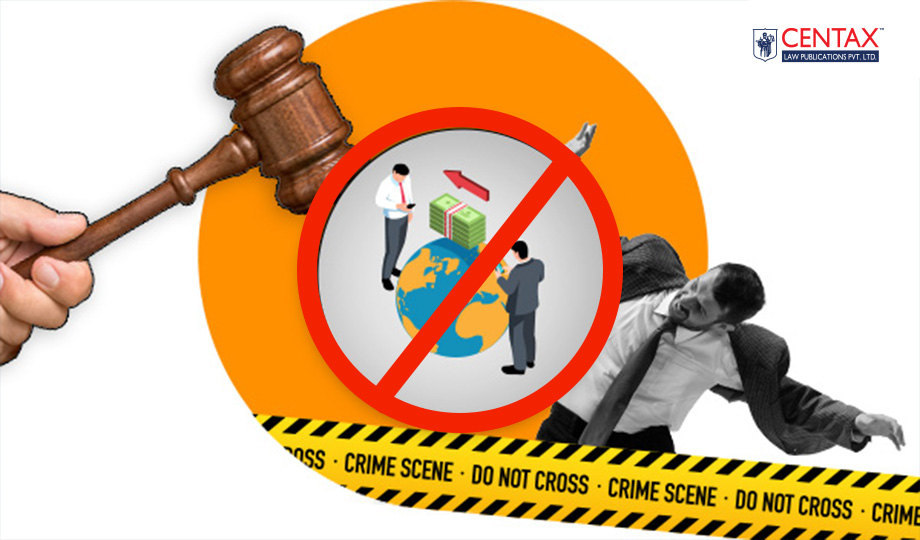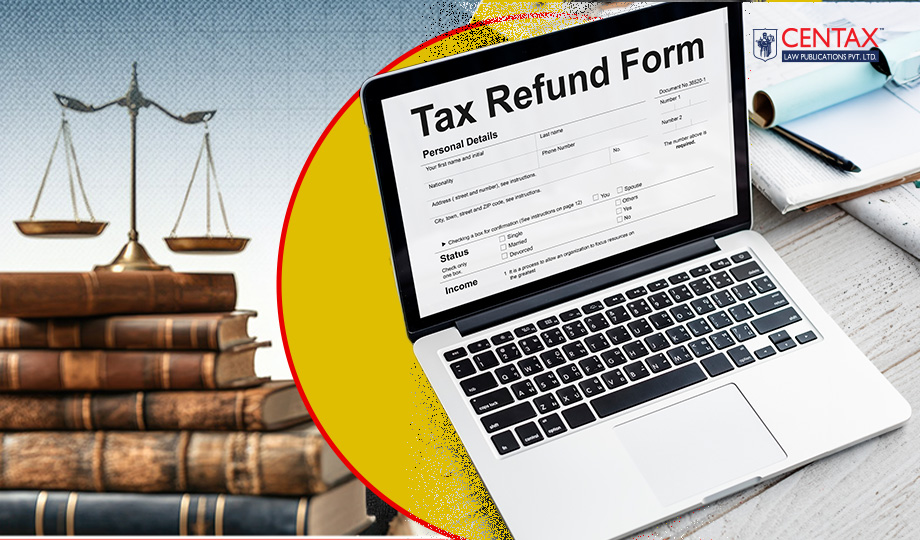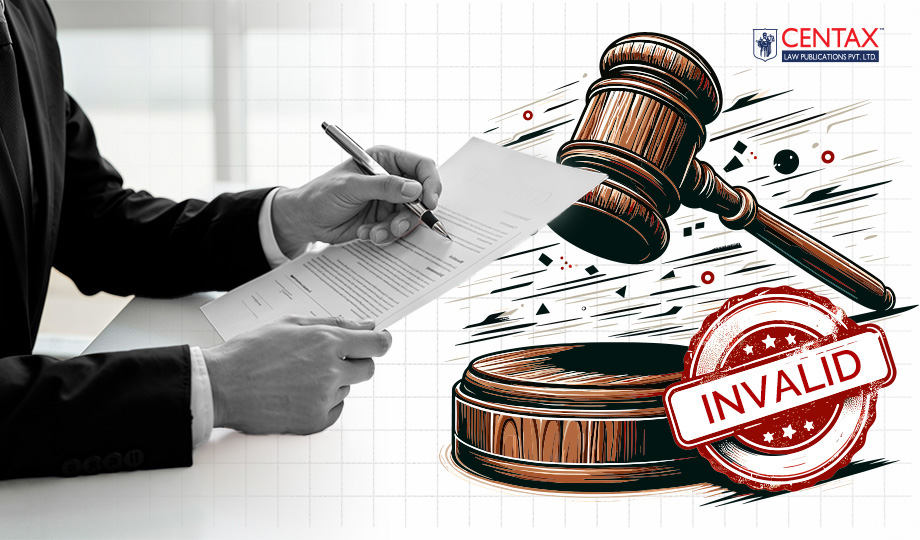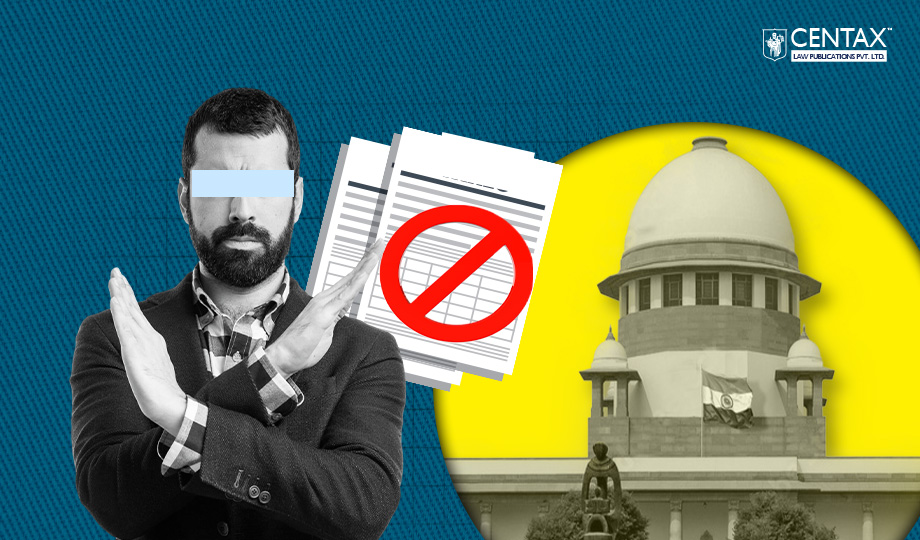
Case Details: State of Rajasthan Versus Combined Traders (2025) 30 Centax 379 (S.C.)
Judiciary and Counsel Details
- Abhay S. Oka & Ujjal Bhuyan, JJ.
- Shri Irshad Ahmad, AOR, for the Appellant.
- S/Shri Rajesh Jain, Virag Tiwari, K.J. Bhat, Ramashish, Ms Tanya Saraswat, Rishabh Jain, Advs. & Avadh Bihari Kaushik, AOR, for the Respondent.
Facts of the Case
The appellant, a State Government, challenged a High Court decision that struck down Rule 17(20) of the Central Sales Tax (Rajasthan) Rules, 1957, as ultra vires the Central Sales Tax Act, 1956 (CST Act). The respondent had furnished Form C declarations to claim concessional tax under Section 8(1) of the CST Act, supported by Section 8(4) and Rule 12(1) of the Central Sales Tax (Registration and Turnover) Rules, 1957 (Central Registration Rules). Upon inspection, the State authorities found that the purchasing dealers were not carrying out business at their registered premises and proceeded to cancel the relevant Form C declarations by invoking Rule 17(20) of the Rajasthan Rules.
The High Court held that the said rule, which permitted cancellation of Form C declarations on grounds of misrepresentation or fraud, exceeded the scope of rule-making powers conferred on States under Sections 13(3) and 13(4) of the CST Act. The matter was accordingly placed before the Hon’ble Supreme Court.
Supreme Court Held
The Hon’ble Supreme Court held that the power to prescribe Form C under Section 8(4) of the CST Act was exercised by the Central Government under Section 13(1)(d) through the Central Registration Rules, which do not confer authority to cancel such declarations on the ground that commercial activities were not found at the address. It was observed that Section 13(4) of the CST Act empowers the State Government to frame rules only for specific purposes listed in clauses (a) to (j), none of which include cancellation of Form C. Although Section 13(3) permits States to make rules to carry out the purposes of the CST Act, such rules cannot be inconsistent with the Act or with the rules made by the Central Government under Section 13(1).
Since Rule 17(20) of the Rajasthan Rules created a power to cancel Form C declarations that is not contemplated by the CST Act or the Central Registration Rules, it was ultra vires. Upholding the High Court’s view, the Court concluded that the State of Rajasthan lacked the competence to override the Central framework and affirmed that only the Central Government may prescribe conditions under which Form C is issued or refused.
List of Cases Cited
- Jain Manufacturing (India) Pvt. Ltd. v. Commissioner Value Added Tax — 2019 (27) G.S.T.L. 651 (Del.) — Referred [Para 9]
- Sales Tax Officer v. K.I. Abraham — (1967) 20 STC 367 (SC) — Referred [Para 10]
- State of Madras v. R. Nand Lal — (1967) 20 STC 374 (SC) — Relied on [Paras 10, 17]











